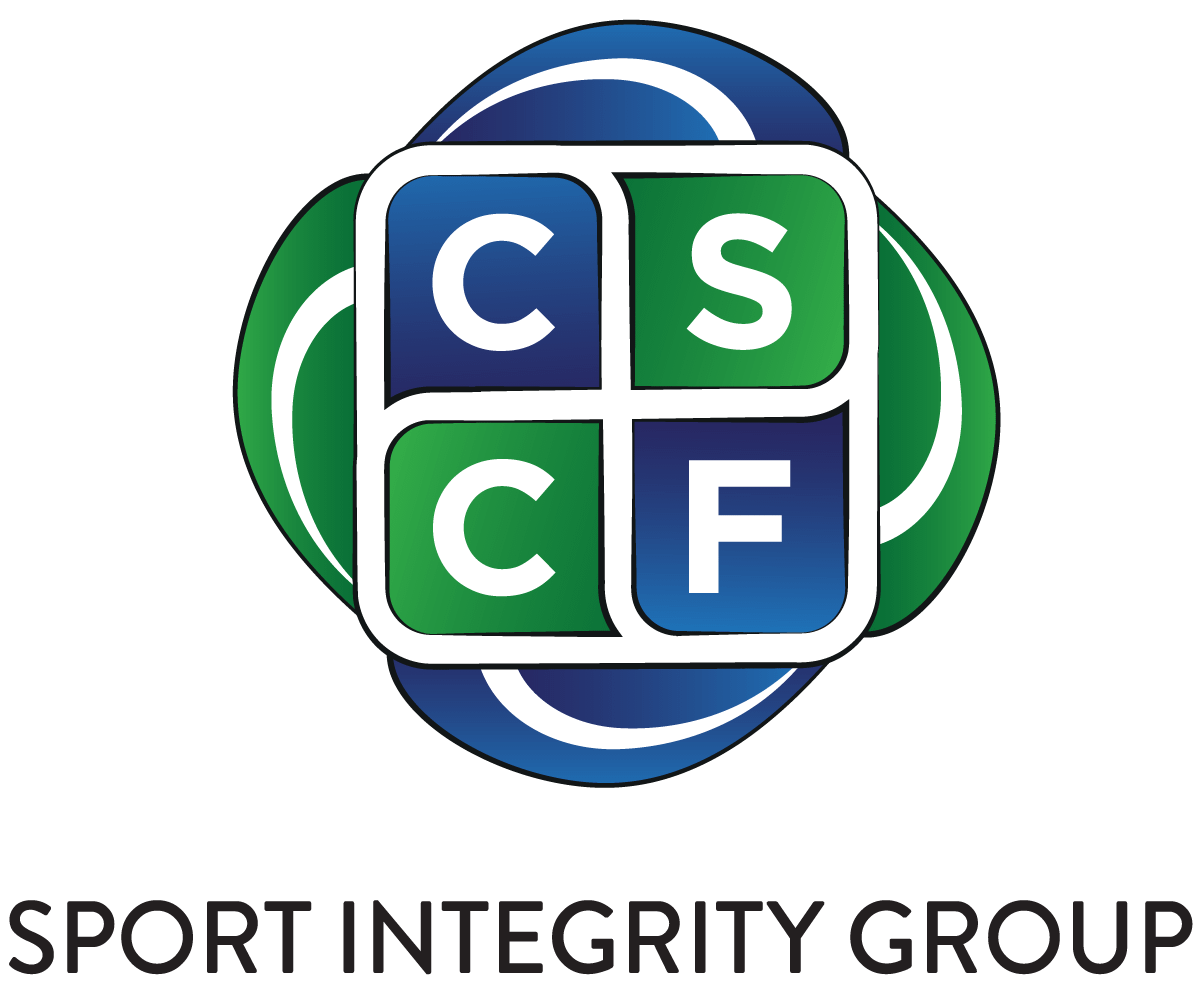[Romanian Football Federation, Bucharest, 26 March 2025] – The CSCF Foundation for Sport Integrity, in partnership with the Estonian Football Association, the Georgian Football Federation, the Romanian Football Federation, Berkeley Global Society (BGS), United Lotteries for Integrity in Sports (ULIS) and UEFA, held the Integriball 2.0 Mid-term Steering Committee Meeting on March 25, 2025, at the Romanian Football Federation headquarters in Bucharest, concluded successfully, marking significant progress in the quest for sports integrity across Europe.
This important event brought together key stakeholders from various European countries to evaluate the progress and strategize the future course of the Integriball 2.0 project.
The Integriball 2.0 project aims to provide comprehensive education on sports integrity, focusing particularly on safeguarding young athletes and women playing football from the risks of sports manipulation and harassment. The project has successfully conducted extensive desk research, surveys, and fact-finding missions in Romania, Georgia, and Estonia. The insights gained from these activities will form the foundation for the development of tailored educational curricula for each partner country.
The mid-term meeting was an opportunity for the participants to review the project’s achievements thus far, discussed the challenges encountered, and planned the upcoming training sessions and local educational programs.
The discussions centered around evaluating the project’s progress, addressing challenges, and planning the next phases of implementation.
The Curriculum Development Workshop led by CSCF provided valuable insights and recommendations for refining the educational materials. The tailored curricula will be instrumental in training local trainers and educating grassroots and women football players on sports integrity, safeguarding, and whistleblowing mechanisms.
Norbert Rubicsek, Director of CSCF, emphasized, “The mid-term meeting has been a resounding success. We have collectively reviewed our progress, shared important findings, and set a clear path for the next phases of the project. Our collaborative efforts are essential in creating a robust framework for sports integrity across Europe.”
Looking ahead, the Integriball 2.0 project will focus on conducting pilot training sessions, train-the-trainer workshops, and local training programs in the partner countries. The outcomes of these sessions will further refine the educational materials and expand the project’s reach and impact.
The CSCF Foundation for Sport Integrity and its partners remain committed to driving impactful change and fostering trust in sports and esports. Stakeholders are encouraged to stay engaged and contribute to the project’s mission of promoting sports integrity and safeguarding athletes.
Participants can look forward to the upcoming local training sessions and the final Steering Committee meeting and the Integriball 2.0 International Closing Conference scheduled for late 2025.
About Integriball 2.0
Integriball is an Erasmus+ supported project coordinated by CSCF, focused on enhancing safeguarding practices and integrity in football. Building upon the success of the original Integriball project—which spans five countries (Belgium, Cyprus, Czech Republic, Greece, and Malta)—Integriball 2.0 continues to deliver impactful initiatives across three additional partner countries.
About CSCF
The CSCF Foundation for Sport Integrity is an organization committed to enhancing integrity, transparency, and ethics in sports across the globe. We offer education, advice, and risk management support to sports organizations, law enforcement, governmental bodies, and the betting industry, addressing key ethical and integrity challenges. As Integriball 2.0 coordinators and a premier content provider, we drive this unique initiative, committed to the cause of sports integrity.
About Integriball 2.0 Partners
Eesti Jalgpalli Liit (EJL): EJL, or the Estonian Football Association, is the governing body for football in Estonia. As a partner in Integriball 2.0, EJL represents the importance of integrity in sports governance at a national level. By ensuring fair play, transparency, and ethical conduct within Estonian football, EJL contributes to fostering integrity both on and off the field.
Georgian Football Federation (GFF): GFF serves as the governing body for football in Georgia. Through its involvement in Integriball 2.0, GFF emphasizes the significance of integrity in sports development within the country. By promoting integrity in football administration, player conduct, and fan engagement, GFF plays a crucial role in upholding the values of fairness and honesty in Georgian football.
Federatia Romana De Fotbal (FRF): FRF, or the Romanian Football Federation, is responsible for overseeing football activities in Romania. As a partner in Integriball 2.0, FRF underscores the importance of integrity in football governance and competition. FRF’s commitment to combating corruption, match-fixing, and other integrity-related issues within Romanian football highlights its dedication to preserving the sport’s credibility and ethical standards.
Berkeley Law Society (BGS) is a nonprofit, educational network of legal professionals who received all or part of their legal education at the University of California, Berkeley. BGS is an international organisation with a direct presence in 113 countries, including almost all EU members states. The purpose of BGS is to unlock intelligence and human capital. BGS partners are major Institutions including Law Firms, NGOs, States and International Organisations.
United Lotteries for Integrity in Sports (Expert Organization) is a hub of expertise in integrity matters and is the state lotteries’ mutualised monitoring system on sports betting. It is active in the field of education and capacity building among athletes, officials and all relevant stakeholders, notably with regard to prevention and detection of match-fixing.
For media inquiries, please contact: Integriball2.admin@cscfsport.com
Disclaimer: The project is funded by the European Union. Views and opinions expressed are however those of the author(s) only and do not necessarily reflect those of the European Union or EACEA. Neither the European Union nor the granting authority can be held responsible for them.


